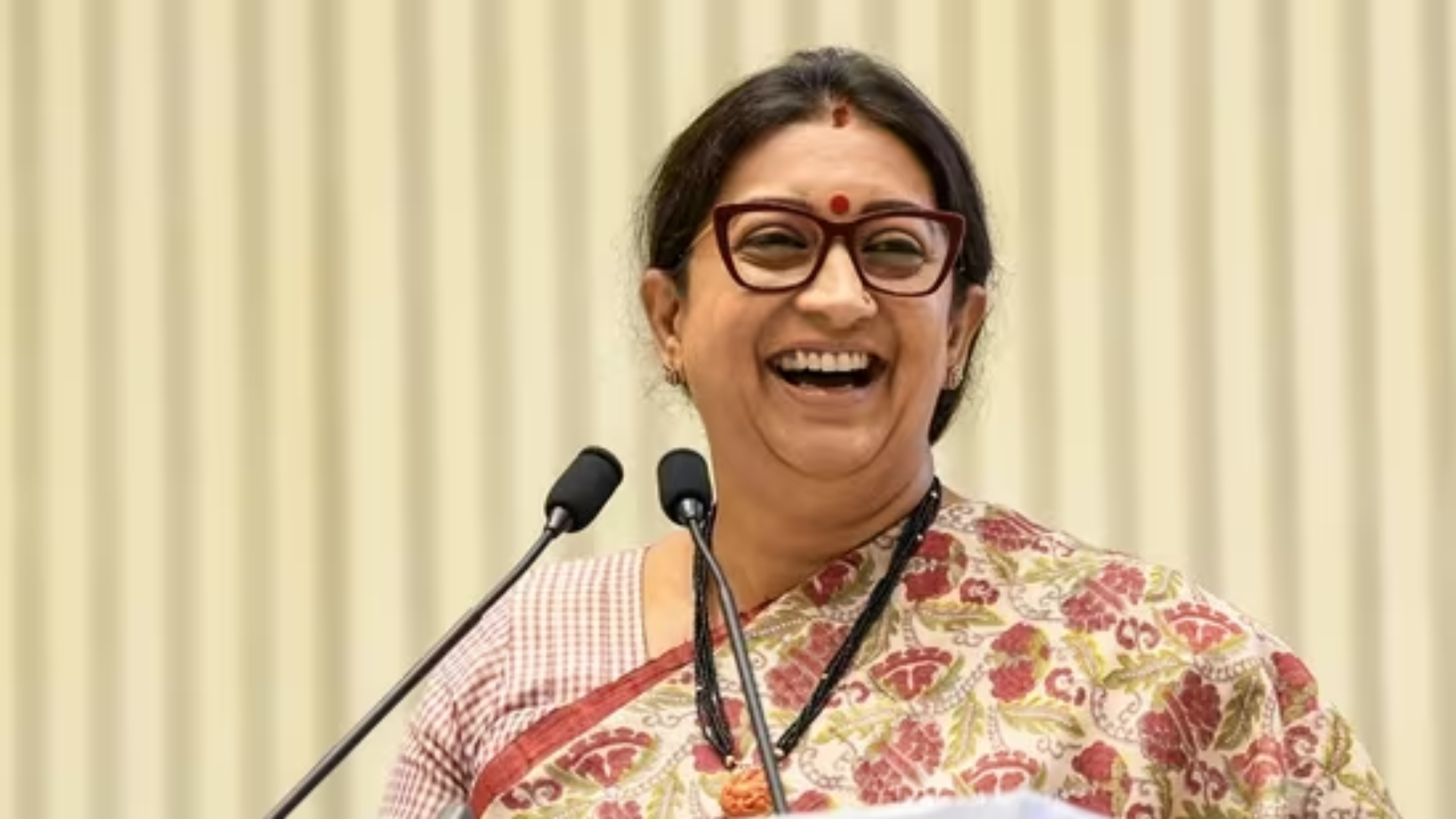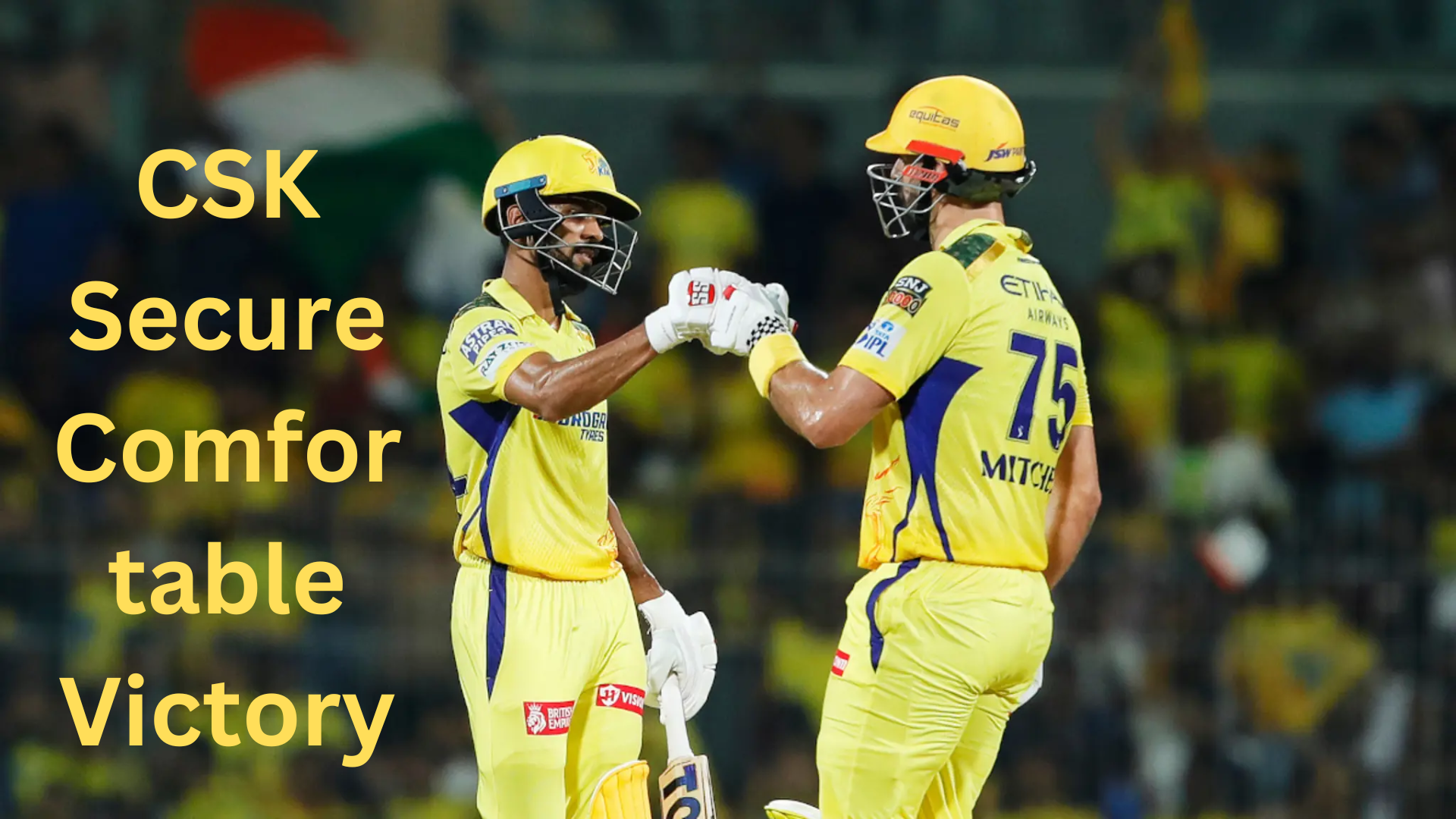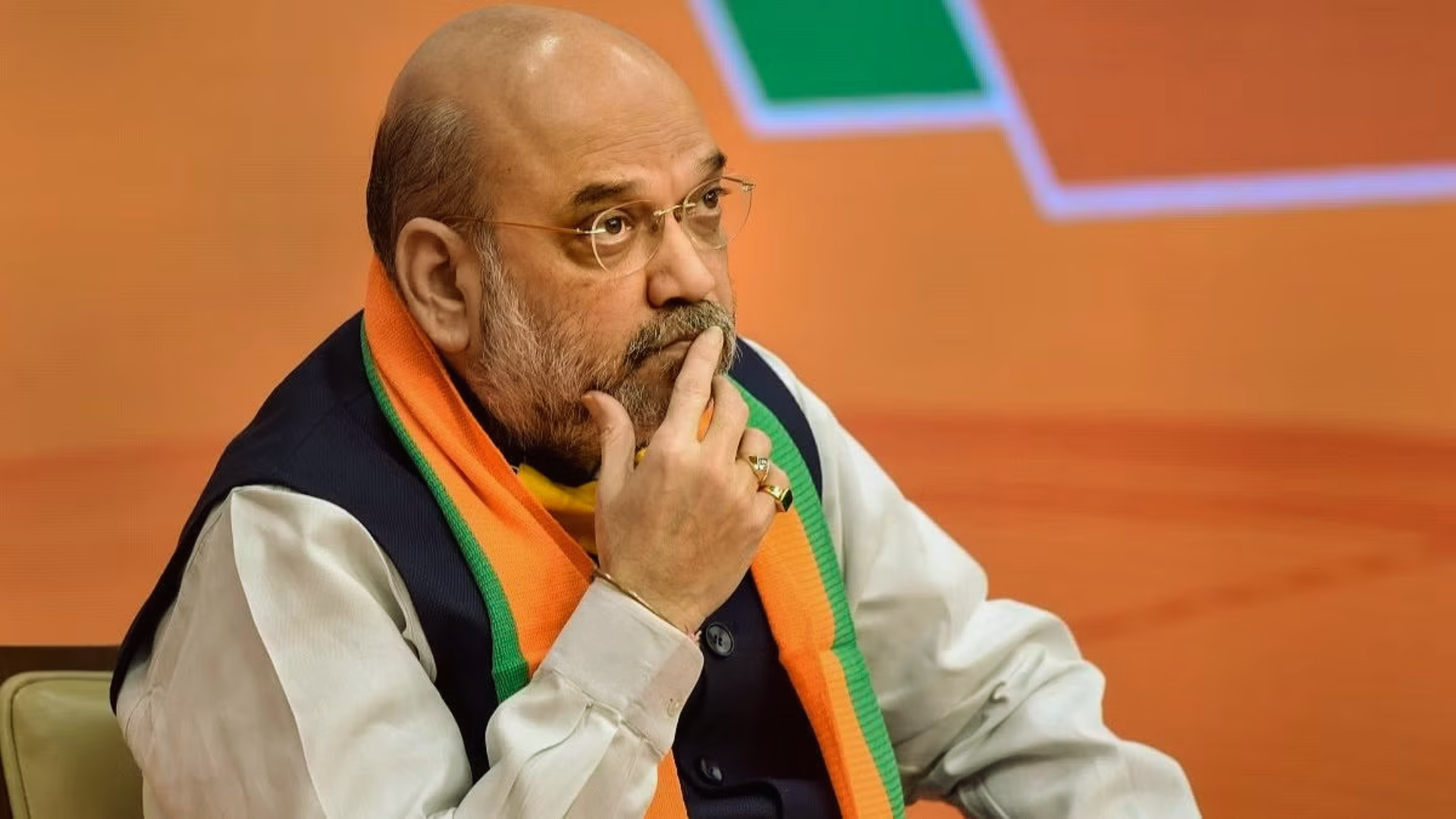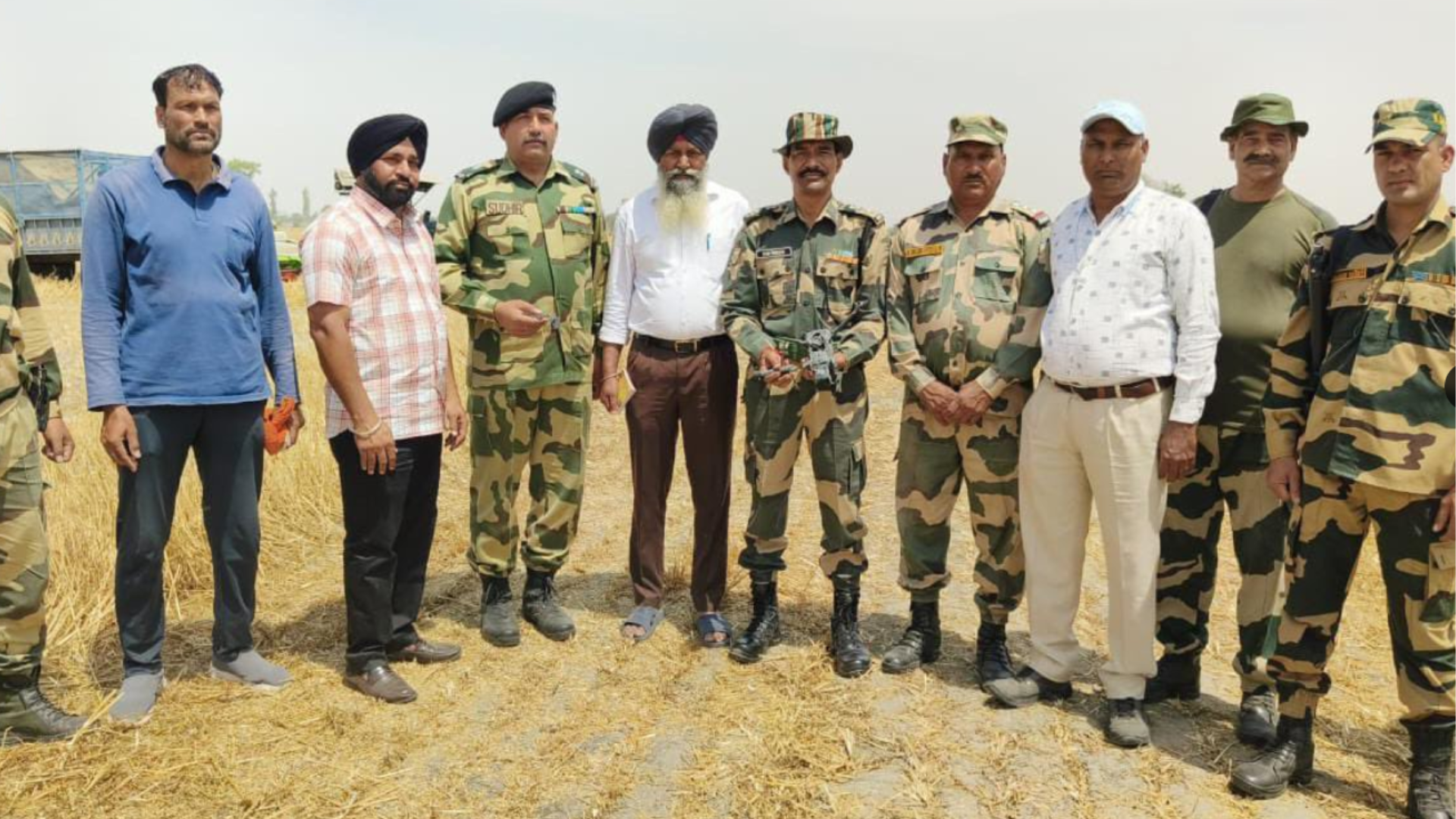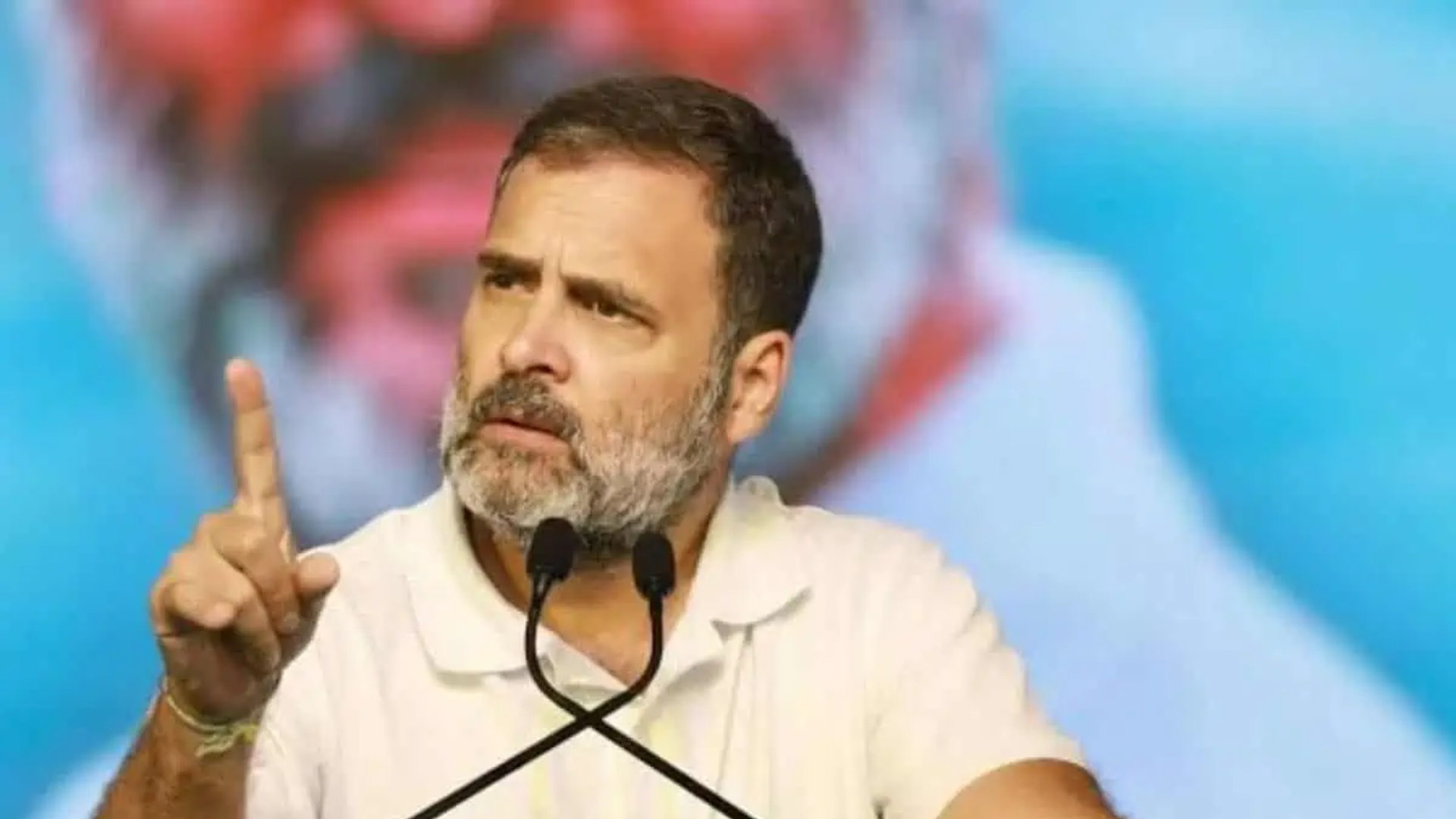


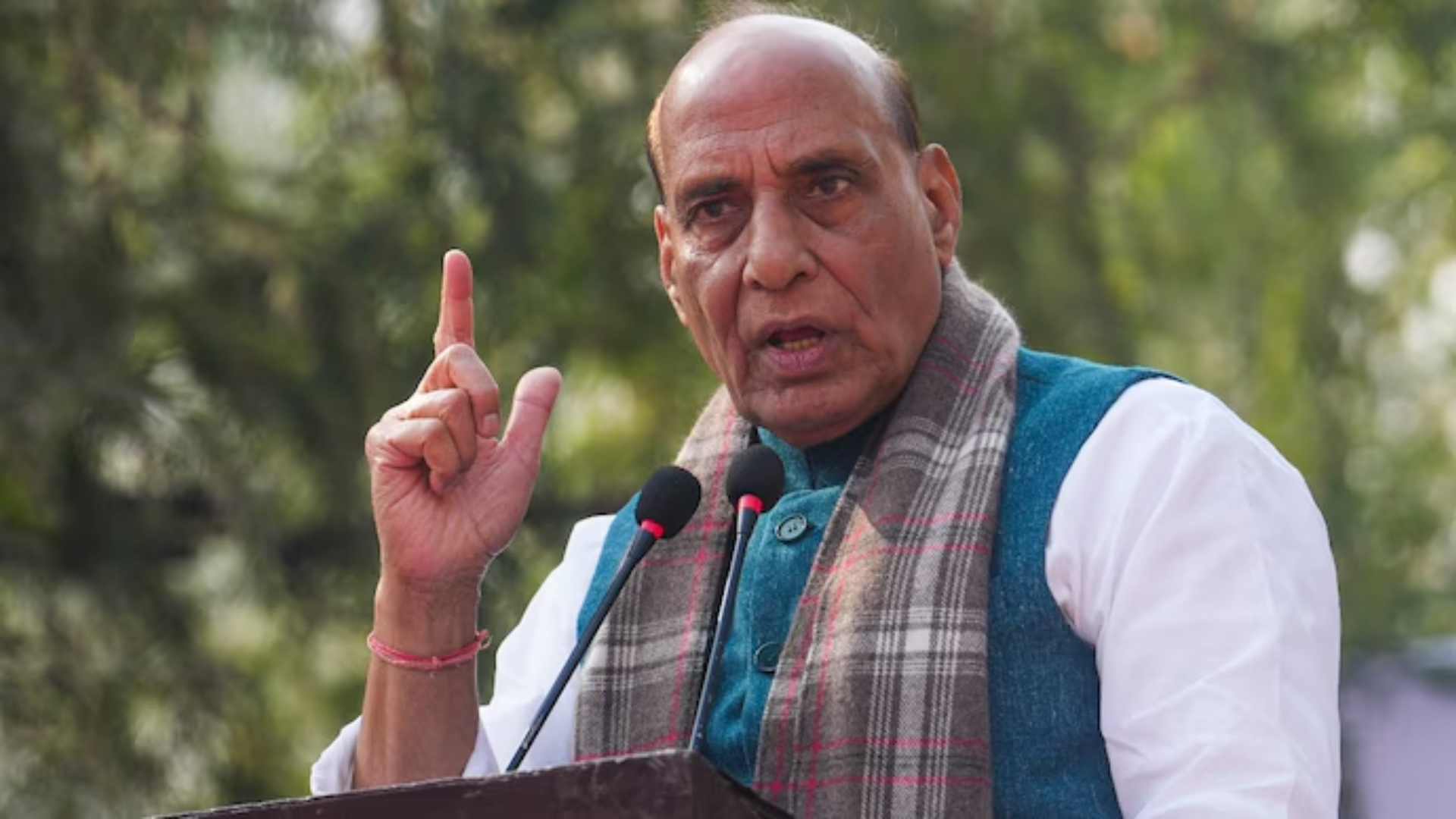

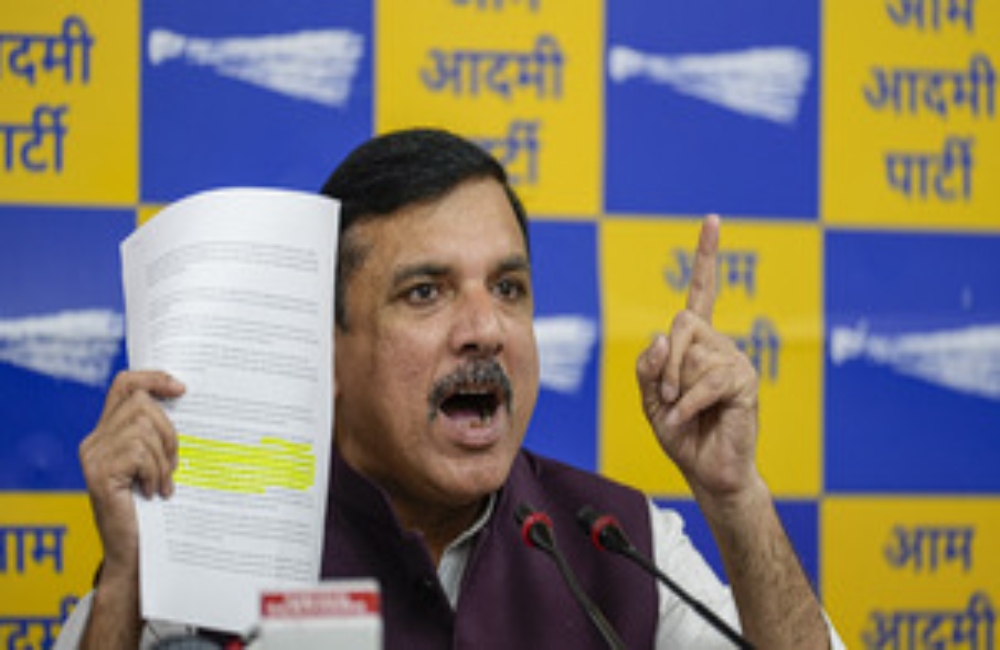
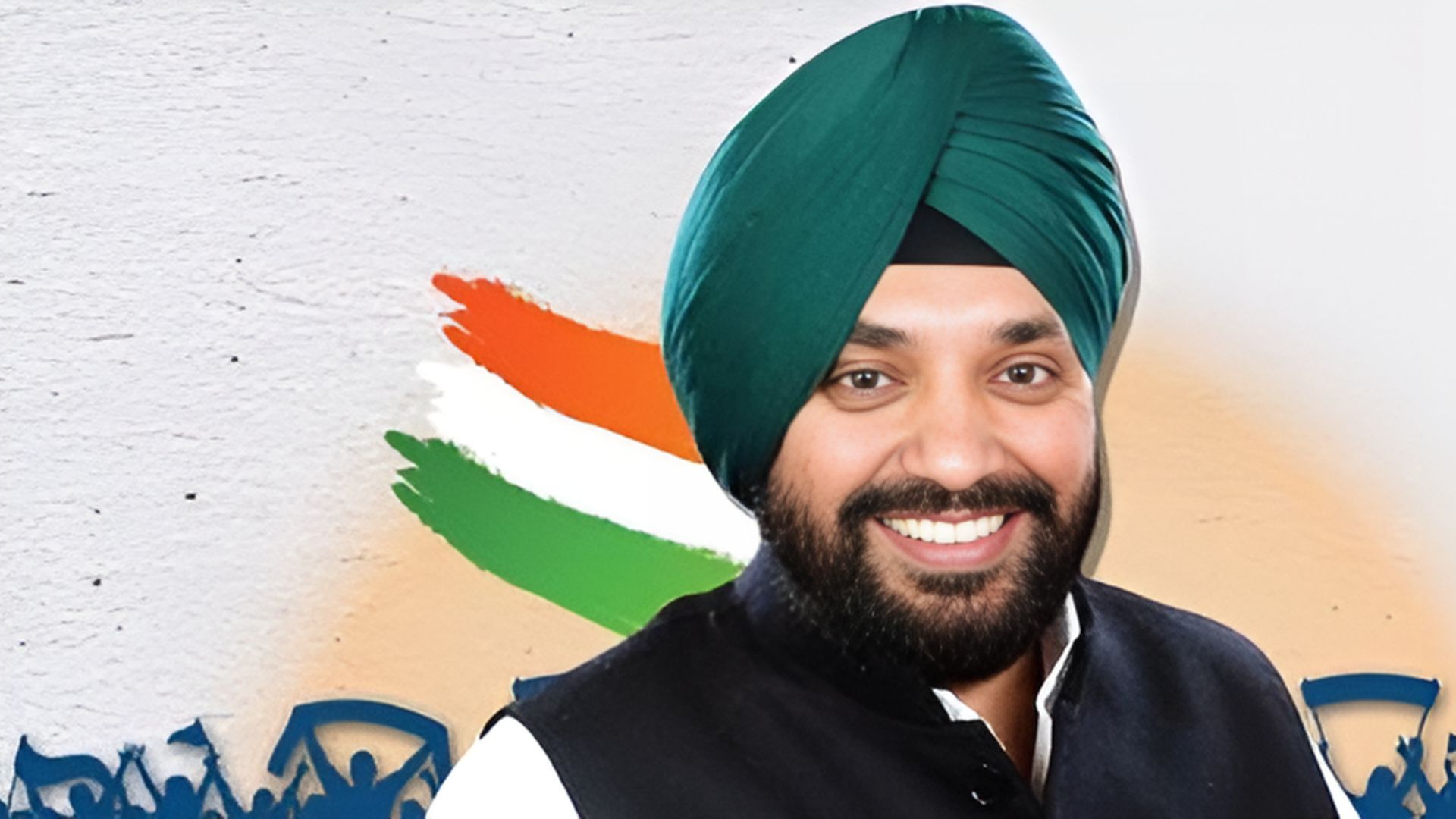
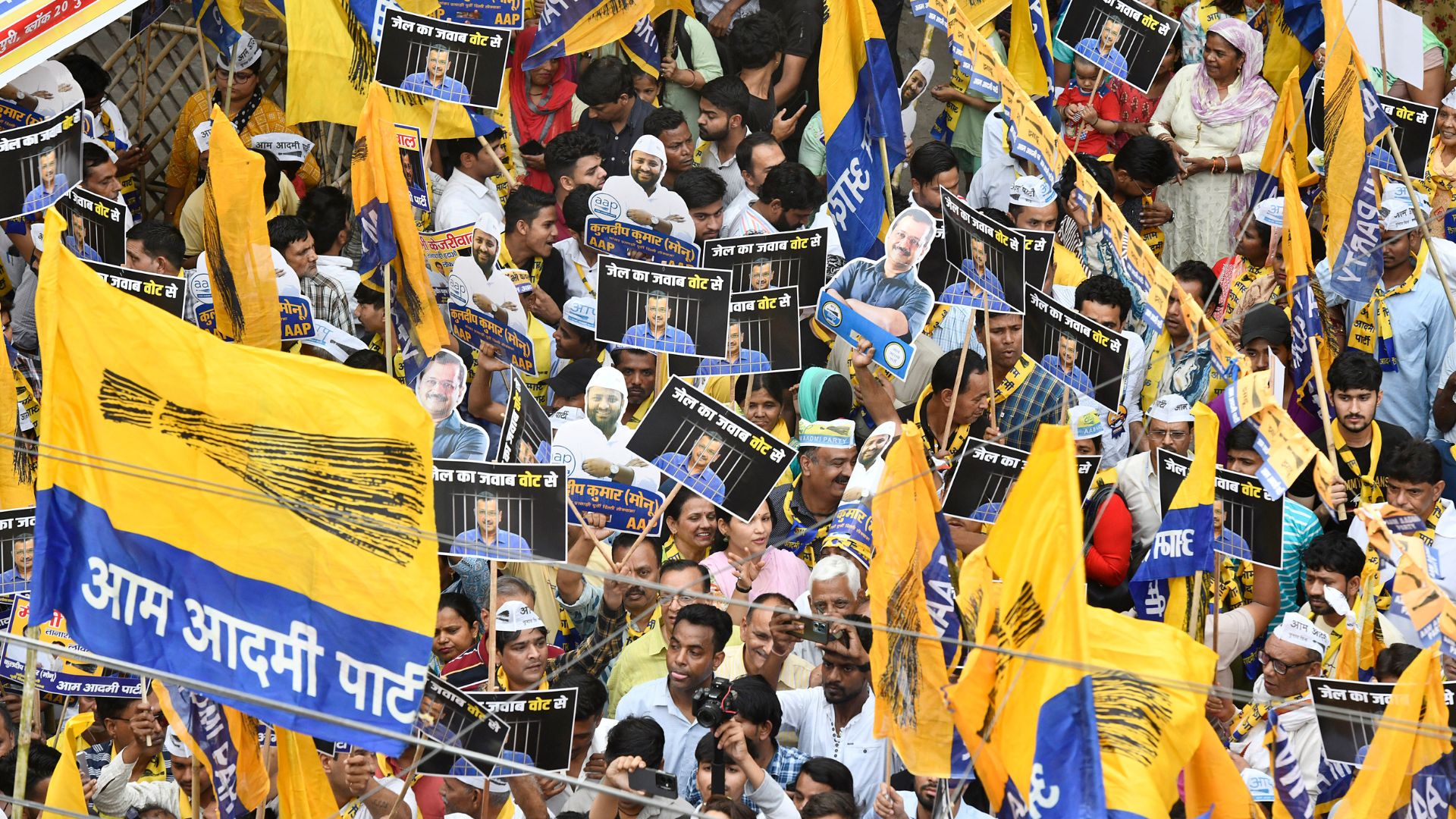

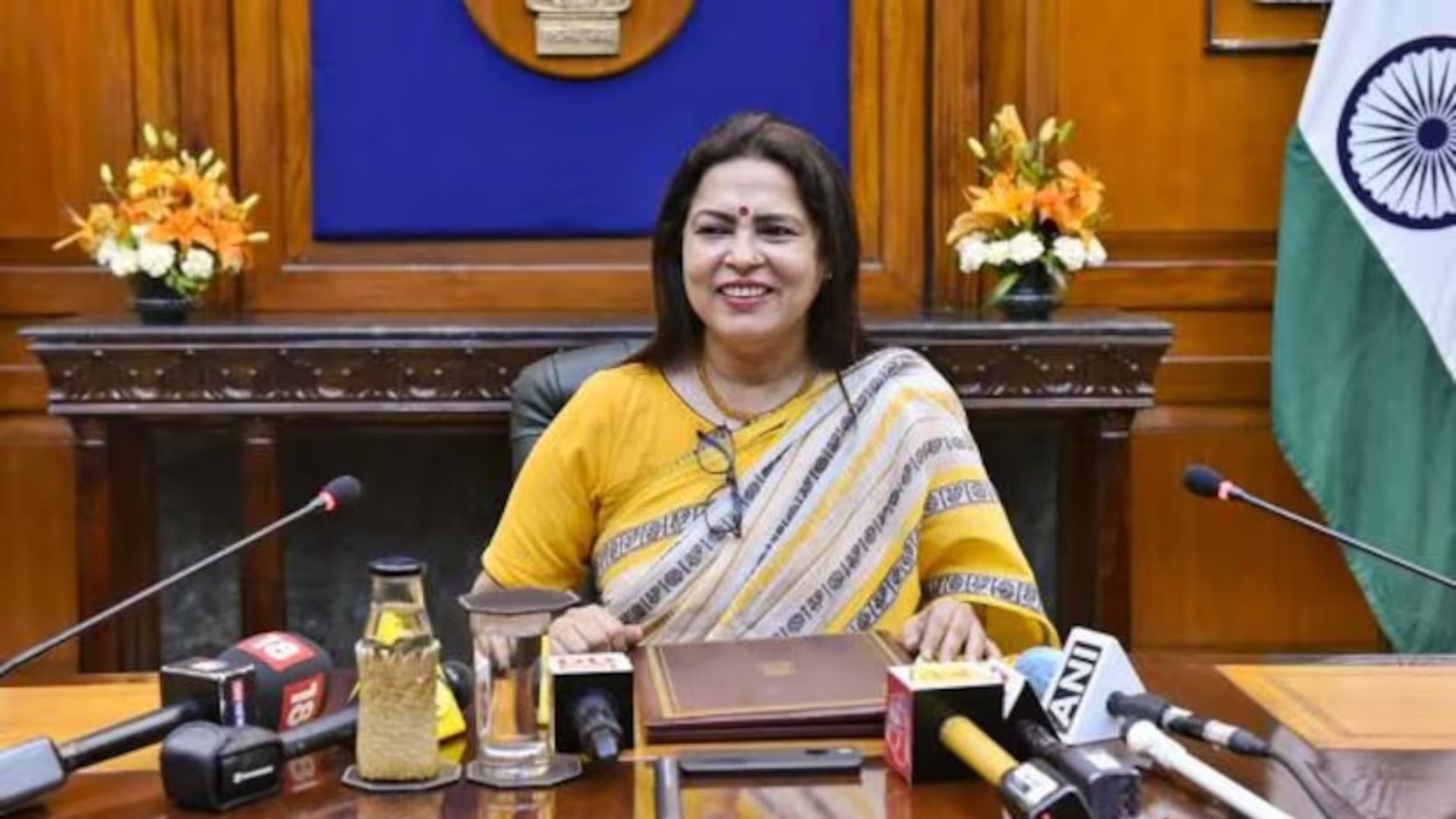

Solicitor General Tushar Mehta said on Tuesday that the Aam Aadmi Party was resorting to “theatrics” and protests against the Lieutenant Governor when the issue of control of services in the national capital was being heard by a Supreme Court Constitution Bench.
“Constitutional functionaries are staging protests,” according to the Solicitor General.
Mehta highlighted that “Protests and theatrics cannot substitute court proceedings”, adding that such protests happening in Delhi are seen by the world and it becomes a matter of embarrassment.
The hearing over who controls services in the national capital — Delhi government or Centre – is underway before a five-judge Constitution Bench headed by DY Chandrachud. The Court had to decide on the legal issue concerning the scope of legislative and executive powers of the Centre and Delhi government over control of services in the national capital.
The case was scheduled to be considered by a Constitution Court after a three-judge bench agreed in May last year to refer it to a bigger bench in response to the Central Government’s request.
On February 14, 2019, a two-judge Bench of the Supreme Court issued a divided judgement on the subject of the powers of the Government of the National Capital Territory of Delhi (GNCTD) and the Union government over services, referring the case to a three-judge Bench.
Prior to the February 2019 decision, a five-judge constitution bench of the Supreme Court had laid out the general boundaries for administration of the national capital on July 4, 2018.
In the landmark verdict, it had unanimously held that Delhi cannot be accorded the status of a state but clipped the powers of the L-G saying he has no “independent decision-making power” and has to act on the aid and advice of the elected government.
It had restricted the jurisdiction of the L-G to matters pertaining to land, police and public order and on all other matters, it held that the L-G would have to act on the aid and advice of the council of ministers.

